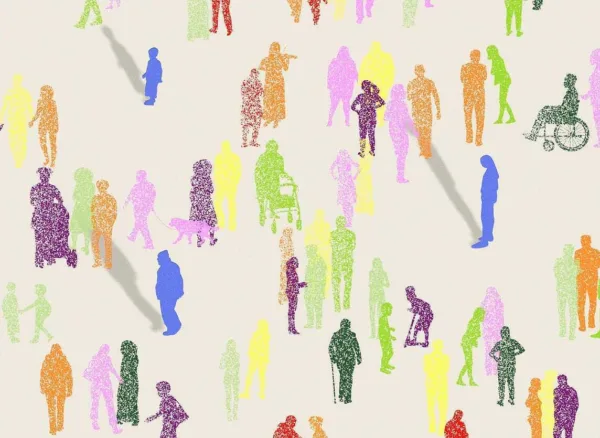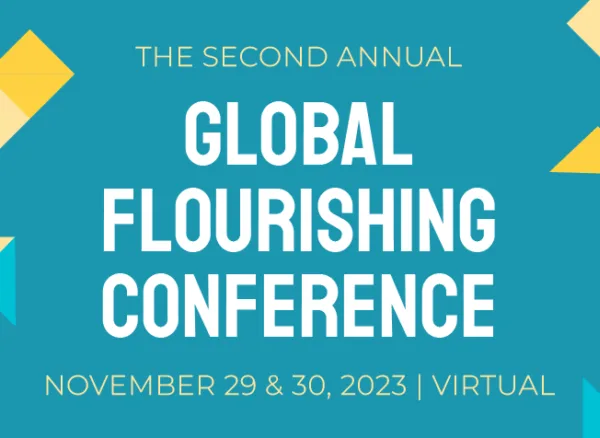Menu

Dr. Athena Aktipis, Associate Professor in the Department of Psychology at Arizona State University (ASU,) is a cooperation theorist, theoretical evolutionary biologist, and cancer biologist. Working at the intersection of these fields, she studies cooperation across systems from human sharing to cancer. Dr. Aktipis co-directs the Human Generosity Project, a multi-method, multi-site, interdisciplinary project that looks at cooperation and sharing across societies in order to understand the interplay between biological influences and cultural influences on cooperation and sharing.
In early 2020, when news first hit that Covid-19 was escalating, Professor Aktipis and team members at her research lab began putting together a study around cooperation and interdependence during the pandemic. The initial study included a survey focused primarily on questions about social behavior, but also about how people were thinking about the future, and how they were thinking about risk. Since the first round of data collection, the team has updated their questionnaire to the same cohort of participants and is now looking at how their responses have changed over the course of the pandemic.
Professor Aktipis has written that apocalyptic times can bring out the best in us. She believes spontaneous helping on many different scales and levels is an aspect of human nature that has been understudied from an evolutionary perspective. The two dominant paradigms in the evolutionary biology cooperation theory field have focused on the idea that cooperation can only be stable if individuals are cooperating with people who are related to them, or if they're cooperating with people who will pay them back. She and her research with the Human Generosity Project challenge those paradigms by pointing out many situations where humans spontaneously help without expecting anything in return. She finds these situations can help people manage their risk better, leading to higher survival in the long term “because having a network of people that you can depend on can sometimes be the difference between life and death.”
In this conversation with Richard Sergay — the fourth podcast episode in a special, 5-part series on COVID-19 — she discusses the insights her current research offers about how the pandemic is affecting our interdependence, as well as how this new data relates to the extent and the limits of human generosity during other catastrophic events.
Read the transcript from the interview conducted by journalist Richard Sergay, presented by podcast producer Tavia Gilbert. Featuring: Dr. Athena Aktipis, Associate Professor in the Department of Psychology at Arizona State University (ASU,) co-Director of The Human Generosity Project, and author of the book The Cheating Cell: How evolution helps us understand and treat cancer.
Built upon the award-winning video series of the same name, Templeton World Charity Foundation’s “Stories of Impact” podcast features stories of new scientific research on human flourishing that translate discoveries into practical tools. Bringing a mix of curiosity, compassion, and creativity, journalist Richard Sergay and producer Tavia Gilbert shine a spotlight on the human impact at the heart of cutting-edge social and scientific research projects supported by TWCF.


